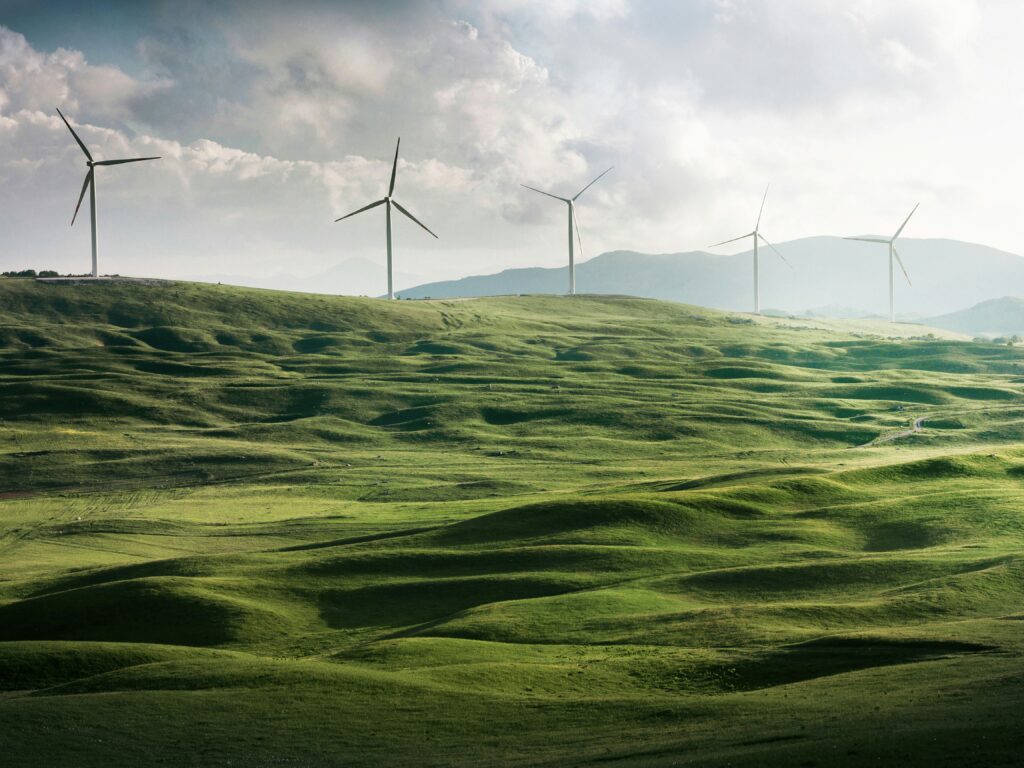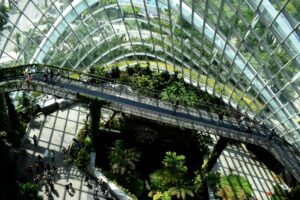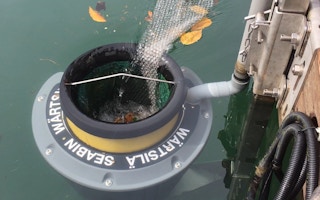“Our civilization is being sacrificed for the opportunity of a very small number of people to continue making enormous amounts of money.” Greta Thunberg
We are at the beginning of a mass extinction yet people live in constant oblivion to the devastating collapse of our world. Our generation has been cheated and lied to; we are given the agonizing burden of finding a solution to a mess that we have unfortunately been born into. There is not nearly enough action that’s been done around the world and all the exceptional and strenuous work that has been done to fix our world has been suppressed and unheard off…
Our world is far from utopia, however, there are many projects that are set on eliminating these issues that our ecosystems face and the issues that the future generations may face. These sustainability projects around the world need to be advocated as they may inspire adolescents and give them an insight into the rewarding and fulfilling nature of being a part of a team that is potentially changing the world for the better.
An insight to our future cities…
Sustainability can be defined as ‘meeting our own needs without compromising the ability of future generations to meet their own needs’. The city named “Masdar City” in Abu Dhabi sets out to do just that. Masdar City aims to reduce the usage of water and energy, and plans to reduce the generation of waste. The city is constructed in an extremely intricate manner with significant yet minute details, including how the buildings are built with low carbon cement and 90% recycled aluminium. Masdar City, which has a zero-carbon waste, is architecturally designed to use 72% less energy and 35% less water than a home of a similar size. They are able to achieve this with their complete reliance on renewable sources such as solar energy, wind energy an geothermal energy etc. In particular, the main source of clean energy is provided from the 10MW solar power plant which offsets approximately 15000 tonnes of carbon dioxide every year (which for comparison is equal to about 37500 miles driven by an average gasoline-powered vehicle). Impressively, the city also possesses a cooling system, to deal with the scorching weather. The downtown area for example, is raised on a 7-meter podium, allowing it to capture the prevailing winds making the area seem 10 degrees cooler.
Masdar City has proven to be an iconic symbol of sustainability. It is a truly inspiring and crucial symbol that can act as a guide for the rest of the world to a greener future. Although enormous economically funded projects such as Masdar City have an immense impact on the world, there are also smaller efficient projects that play a role in reducing our emissions that deserve to be recognised.
Sea dustbins…
Around 8 million tonnes of plastic waste ends up in our oceans every year which could double by 2025 if action is not taken. Our continuous dependence on plastic is choking our world; plastic remains in our environment for 500 years which is then broken down into smaller macromolecules, which is then ingested by fish, birds, humans etc. This challenges the environmental, social, economic and health of our planet. Sea bins was first a minuscule project created by two surfers in Australia who were appalled at the amount of rubbish that was floating in the waterways. To resolve this problem, they invented the seabin. A water pump in the seabin creates a flow of water into the bin that draws rubbish from the top 10mm of the surface of the water, ensuring that no marine life gets trapped. Data estimates that a seabin can capture 1.4 tonnes every year. All the rubbish collected is then recycled and turned into other products, promoting sustainability. The popularity for seabins grew exponentially and they now have 32 sales and commission in 52 countries. Starting from scratch, two surfers invented a world altering device. These surfers are role models who depict the determination which can lead a small insignificant idea into a world altering effect.
Although the world is on thin ice, it is still possible to reverse these effects. No matter how big or small an idea is, as proven, it could make an ongoing and positive impact.
By Dhruiti Shah, student






